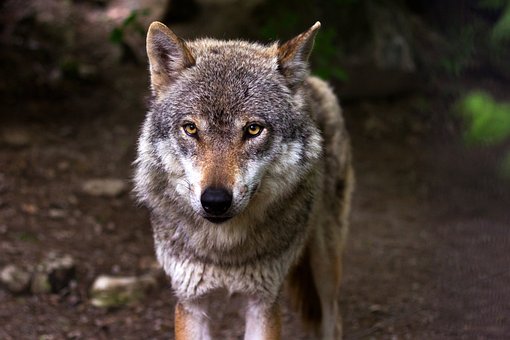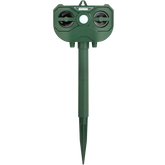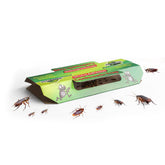Unlike most people in China who live on the southeast coast and inland cities, see a raccoon, or even go to the zoo. The United States, a country with sparsely populated land and rich animal and plant resources, has too many, too many, too many wild animals. This is definitely not a good thing. Can you imagine what it's like when you go downstairs to take out the trash at night, open the trash can, and a raccoon jumps out with its teeth open and scratched? The whole body is broken, okay? Raccoons are not cute at all, and really, they also carry all kinds of bacteria, viruses, and microbes. Getting caught is no joke, and anyone on the freeway can basically see all kinds of animals on display along the road. It is very dangerous to encounter these animals while driving on the highway, whether it is to avoid or hit them, so the United States must control wild animals.
Keep away from wild animals.
No matter how tightly these wild animals are controlled, it is still important to take the necessary precautions with wild animals. It is important to be aware of your surroundings and be careful when you go out at night. If you encounter a wild animal, it is best to back away slowly and keep your distance from it. If you have any pets or children near you, it is important to keep them safe and away from any potential hazards. It's also a good idea to stay vigilant and alert when you're outdoors in case you come across a raccoon or any other wild animal.
Watch out for signs of wild animals.
It's also important to pay attention to any signs that might indicate the presence of wildlife, such as tracks, droppings, or other evidence. If you see any wildlife, it's best to avoid the area and take a different route if possible. If you come across a wild animal, don't approach it or try to feed it. If you feel threatened, contact local authorities immediately. Remember that wild animals are unpredictable and can be dangerous, so it's best to proceed with caution.
Do not litter
You should also make sure that you never leave food or trash lying around, as this can attract wildlife to your property. Also, be sure to keep your pets away from wild animals, as they may startle the animal and provoke an attack. If you live in an area with wild animals, it's important to know their habits and behaviour so you can be prepared if you encounter them.
Learn about wildlife seasons.
It's also a good idea to know the seasons and times when wildlife is most active. For example, some animals may be more active at night, especially in summer, while others may be more active during the day. Knowing these patterns can help you avoid dangerous encounters. Also, be sure to take designated trails when exploring areas with wildlife, as this will help you stay safe while enjoying the great outdoors.
If you encounter wild animals
It's important to know what to do if you come across a wild animal. If you encounter wild animals, remember to stay calm and don't approach them. Make yourself look as big as possible, then back away slowly. If the animal doesn't move away, scare it away by making loud noises or throwing objects. Be sure to leave the area as soon as possible without turning your back on the animal. If you or someone else is attacked, contact local authorities and seek medical attention as soon as possible.
It's also important to take precautions when exploring the great outdoors. If you're in an area known for its wildlife, wear brightly coloured clothing and carry bear spray or other deterrents. Make sure you are aware of your surroundings at all times, and keep an eye out for children. If you have the chance to encounter wildlife, go out together and make noises to alert any animals that may be nearby. Finally, never feed wild animals as this will cause them to associate humans with food, increasing the chance of attack.














